Bentley Motors has significantly reduced CO2 emissions from its logistics vehicles at the company’s headquarters in Crewe.
The installation of an on-site, 34,000-litre biofuel tank and pump has dramatically cut CO2 output from local logistics vehicles by 233 tonnes in just 12 months.
The ‘Green D+’ biofuel is made from hydrotreated waste vegetable oil (HVO), a fossil-free alternative to diesel that refines renewable and sustainable products such as waste fats, vegetables and oil.
It now powers fifteen HGV logistics trucks carrying parts between Crewe and a company storage depot in Winsford, plus a further 20 smaller, on-site vans and security vehicles.
Bentley logistics vehicles have used more than 100,000 litres of the waste-based fuel since the new tank and pump were installed in late November 2020.
To offset the same amount of CO2 – a saving of 86% - would have required the company to plant 23,291 trees.
Peter Bosch, member of the board for manufacturing at Bentley Motors, said: “Our on-site and local logistics vehicles cover around 300,000 miles a year, so this has presented a perfect opportunity to introduce renewable fuels which reduce CO2 emissions from our local logistics by 86%.
“As we work towards becoming end to end carbon neutral by 2030, these types of breakthrough initiatives are crucial to helping us achieve our future goals.”
The resulting reduction in emissions also helped ensure that when the wider Bentley manufacturing site was recertified to PAS 2060 Carbon Neutral standard last month, off-setting was substantially reduced compared to when the certification was first achieved in 2019.
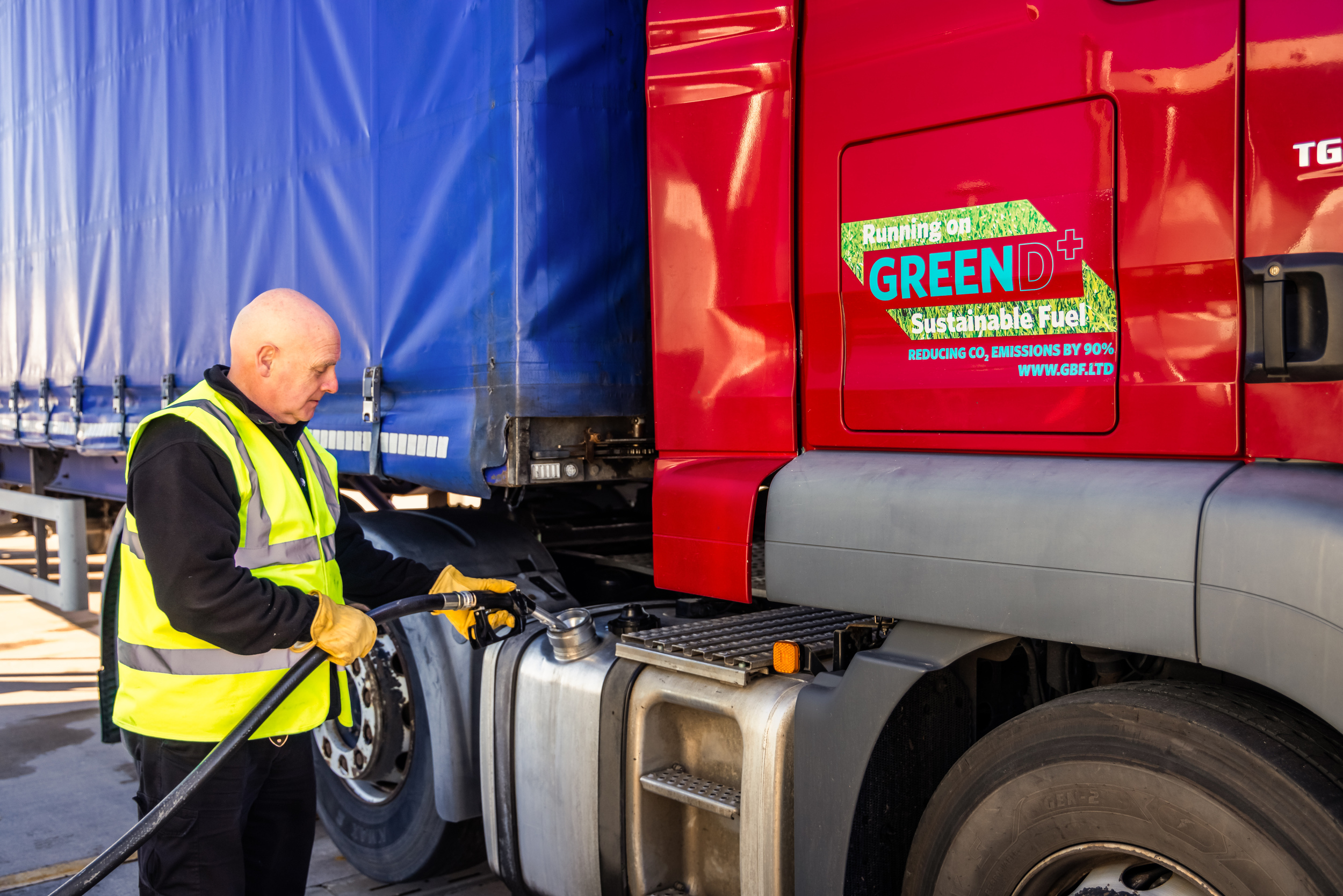
Alongside the HVO biofuel scheme, Bentley’s 250-plus forklift trucks and the tow motors used inside the factory itself are also being charged with green electricity.
Much of this power is provided by Bentley’s 30,000 on-site solar panels, which harness power from the sun and played a key part in securing the site’s certification to PAS 2060 carbon neutral standard by the Carbon Trust.
These projects are just part of Bentley’s pioneering Beyond100 strategy, which aims to make the company a global leader in sustainable luxury mobility.
Beyond100 will transform Bentley operations, including switching the entire model range to full-electric vehicles only by 2030, making the company end-to-end carbon neutral by the same date.
Bosch said: “One year after the initial implementation, sustainable fuels such as HVO and solar electricity now form an integral part of our logistics sustainability strategy for the short to medium term, and we are now working to extend their use.
“In September, as part of our ‘Gotozero’ week, we undertook the first pilots of product deliveries to retailers in the UK using the biofuels.
“We will continue to extend this in 2022, driving towards our Beyond100 target as the world’s most sustainable luxury car brand.”
HVO is a second generation, premium biofuel. As well as reducing tailpipe emissions, it also cuts nitrous oxide by up to 30% and particulates by up to 80%.
‘Green D+’ can be used in Bentley’s existing logistics vehicles without modifications, maintenance or operating changes.



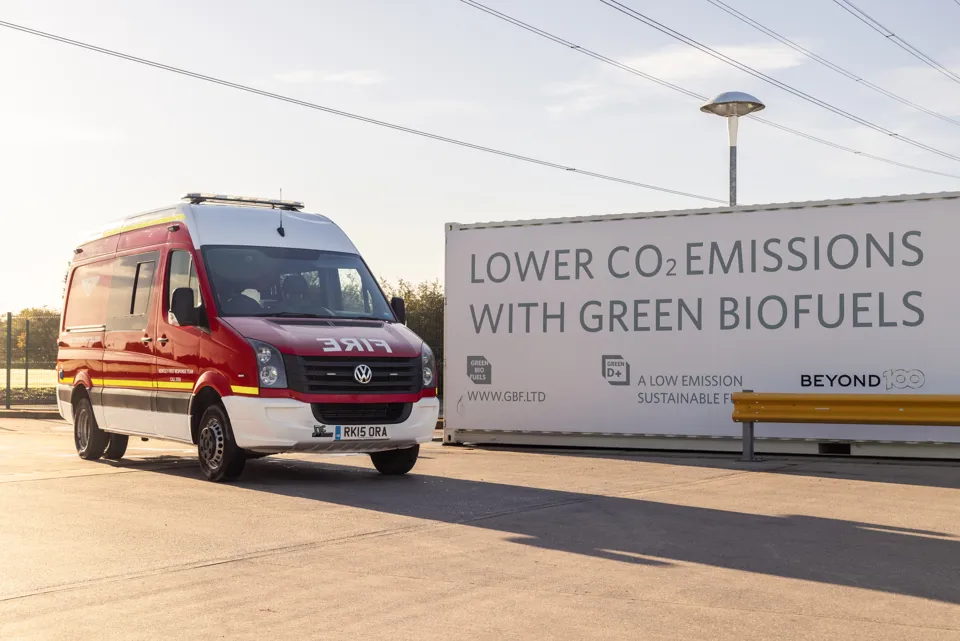












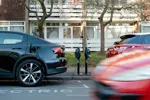




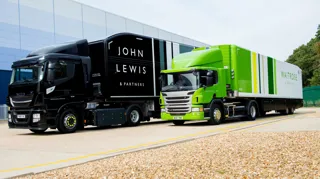
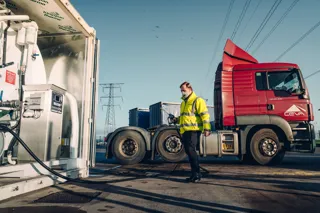
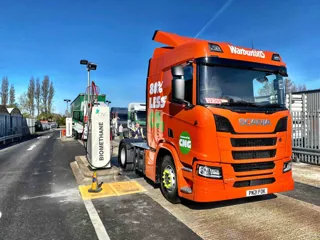
Login to comment
Comments
No comments have been made yet.